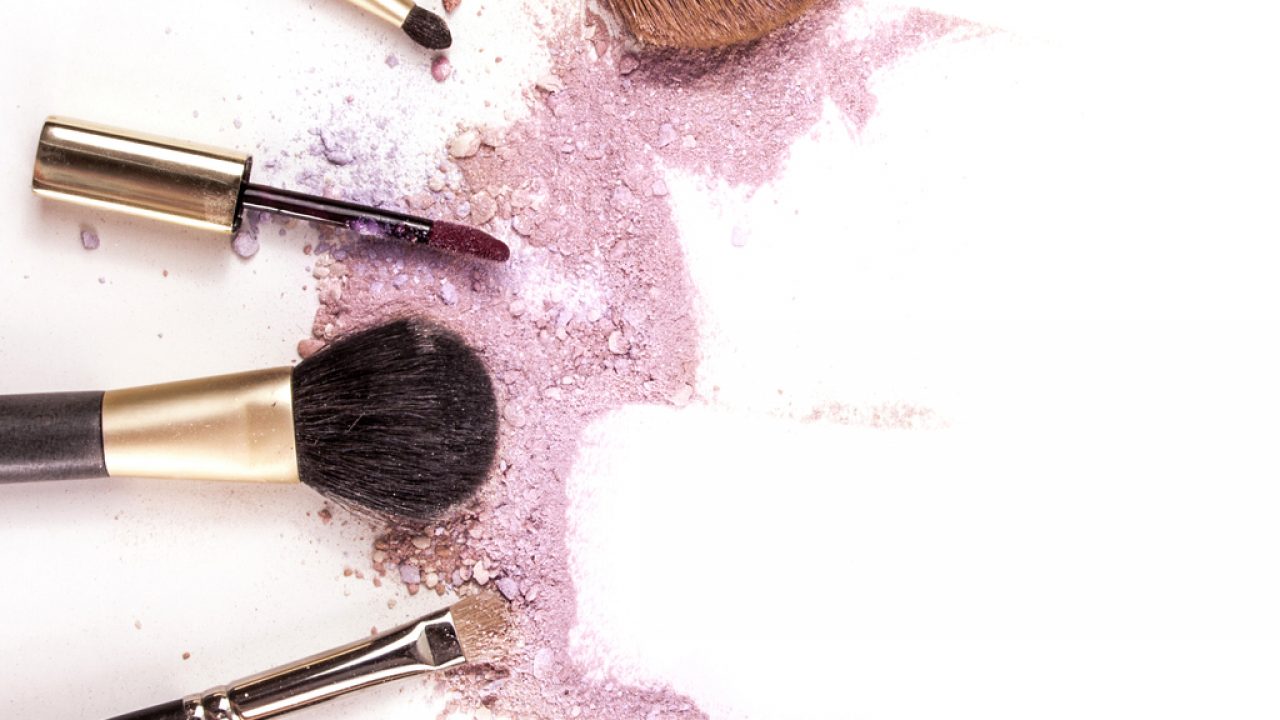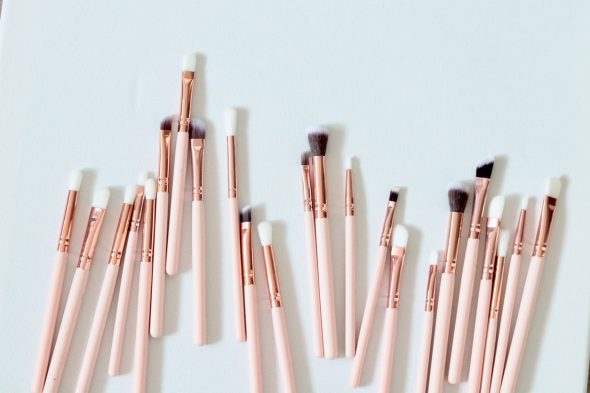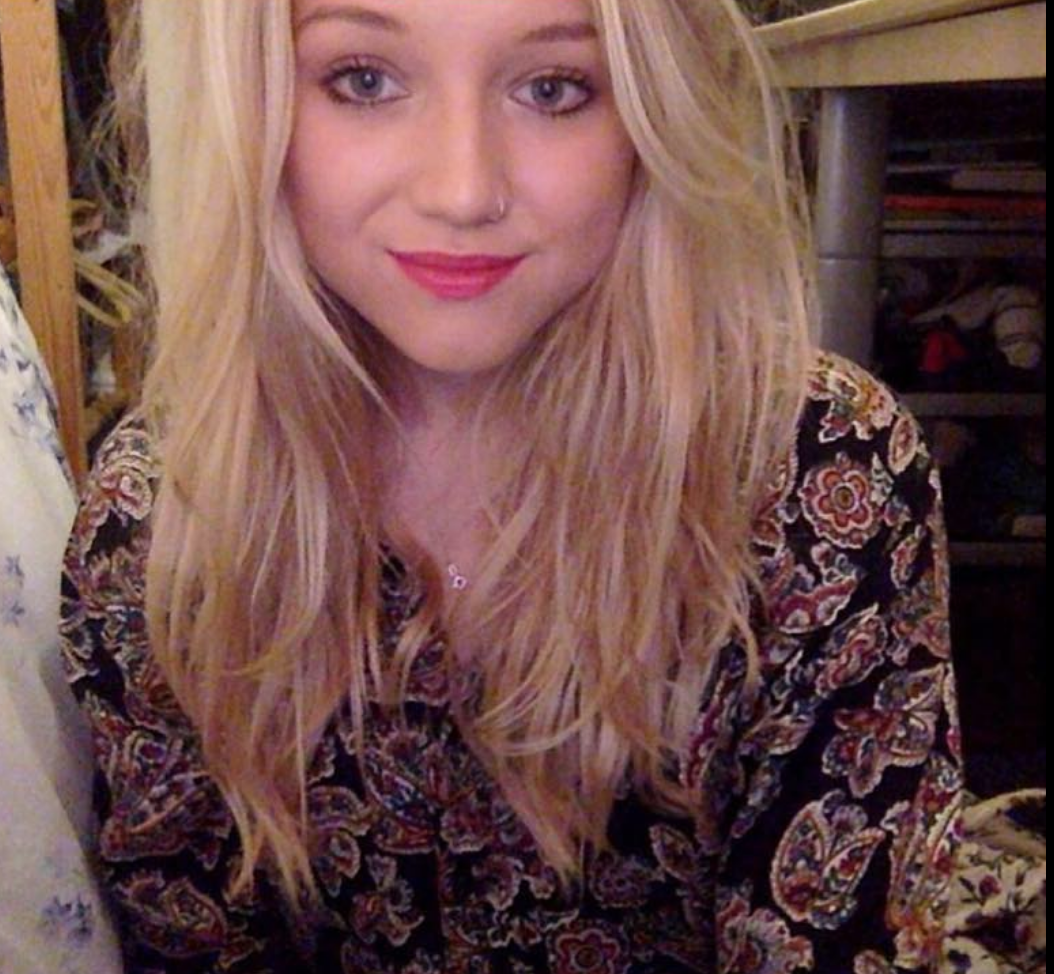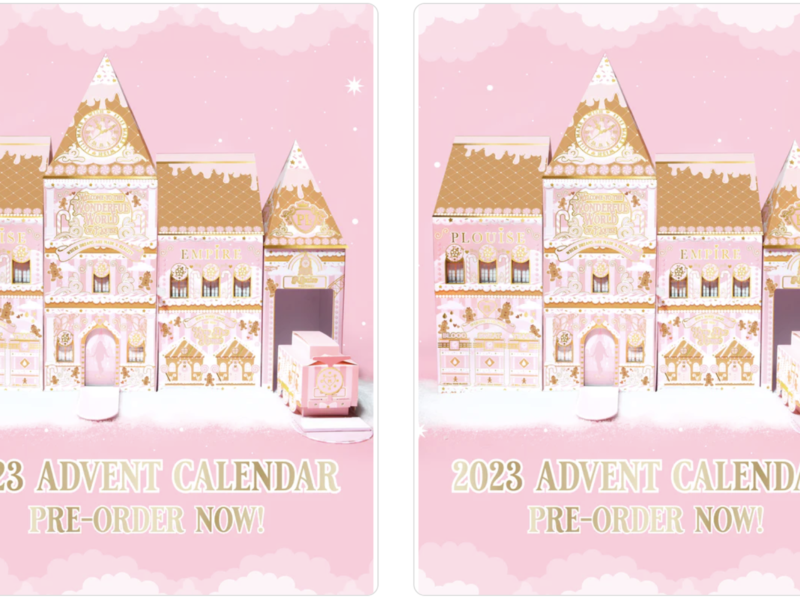
When it comes to flawless skin, we’re quick to assume it’s all down to the makeup we use and while the primers, foundation formulas and setting powders we pick can make a big difference, there’s another hugely important, often overlooked component – makeup brushes.
Makeup brushes are an essential tool, particularly if you’re keen to master more complex looks, and it can be overwhelming with so much variety and competition out there. We’ve previously written about what we consider to be the best makeup brushes, and have a makeup brush guide if you’re unsure what type of tools you need, and below we’ve taken a look at the differences between natural and synthetic brushes.
So before splurging on a new set of brand new makeup brushes, we’ve outlined the differences between them, the pros and cons for each, and what brands you should be shopping to ensure your makeup is on point, and your bank balance intact.
It all comes down to the bristles.
Natural bristle makeup brushes are made with various types of animal furs and hairs. The most common animals used include squirrels, foxes, mink, horses and goats. Brushes can contain the hair of either one animal, or a combination and these brushes are usually handcrafted, hand-tied and hand-bunched.
Due to this, natural makeup brushes tend to lean more on the pricier side, as the sourcing of these fibres can be expensive, along with the added expenditure of handcrafting each individual brush. They’re also becoming rare as people look to make more ethically minded choices.
Synthetic bristle makeup brushes are typically made with melted and spun polymers, such as nylon and other plastics and are free of animal products.
In the past, natural brushes have been regarded as superior to synthetic, however, with advancements in technology and the manufacturing process, synthetic brushes have come a long way in mimicking the softness and shape of natural bristles.
For instance, So Eco brushes are made from an ultra-fine soft synthetic material called Taklon. Taklon is a hypoallergenic material designed to mimic the shape of fine natural hair. It’s kinder and more hygienic for your skin, compared to animal hair which is often rougher and can hold more bacteria as it is more porous than synthetic fibres.
 iStock
iStock Natural hair has a coating called a cuticle, which lifts and absorbs skin oils and powdery pigments. As a result, natural bristles are widely considered to be the best for powder-based products. They are great for holding onto this product and in giving a highly pigmented application.
Additionally, since the hairs on a natural brush fan out, unlike synthetic ones that tend to stick together, natural brushes are the ideal choice when it comes to blending eyeshadow and contour.
For those in the market for natural makeup brushes that won’t break the bank, try the Morphe M310 large soft fan brush to dust off any excess powder. It’s also fantastic for creating a natural-looking highlight along the top of the cheekbones, bridge of the nose and collarbone, and at only £5.50, it’s a complete steal.
Unlike natural brushes, synthetic bristles have no cuticle meaning they don’t absorb oils or powdery pigments as well. This makes them the preferred choice for liquid or cream foundations, and concealers. Due to synthetic brushes being flatter and slightly stiffer than natural brushes, they also make an ideal choice for very precise applications such as eyeliner, lipsticks and eyebrow pomades.
We recommend the EcoTools Four Piece Beautiful Complexion Set. This four-brush synthetic set is incredibly fluffy and goes a long way in picking up powder. The brushes have a beautiful design, are 100% cruelty-free and vegan and at just £19.99.
Due to natural brushes having an irregular surface, as a result of the bristles’ cuticles, they have a tendency to trap powders, dead skin cells and bacteria making them more difficult to clean. You can read more in our How to clean makeup brushes guide but as a rule, when washing natural brushes, try using baby shampoo such as Johnson’s. This will clean the bristles without using harsh chemicals and will keep the brushes soft.
READ NEXT: How to clean makeup brushes
Synthetic bristles with their smoother fibres are less likely to trap dirt and product, making them easier to clean. Synthetic bristles can also be sanitised without drying out the hair, unlike that of natural hair, which may dry out, and break, creating ‘shedding’. This can be particularly painful when you consider that natural brushes are more expensive to start off with.
♥ Winner: Synthetic
Natural brushes were once thought of as a good long-term investment due to the durability of natural hair fibres. This was certainly the case in the early days of synthetic bristles.
However, with such huge advancements in synthetic brushes, modern bristles can often be more durable due to the ability to keep their shape. If you choose to invest in a good, top-of-the-range synthetic model, it ought to go the distance and more than likely will last longer than natural bristles.
♥ Winner: Synthetic
There’s a fair amount of controversy surrounding the use of natural bristles in the makeup industry. PETA has taken a strong stance against natural makeup brushes, stating on its website that animals are tortured for their hair or fur.
Some companies, however, maintain that their natural brushes are sourced in a humane manner such as sourcing the hair by brushing the animals based on their natural shedding cycles. For example, BareMinerals asserts that “no animals are harmed in the process of making our brushes”. Despite this, the brand also sells synthetic brushes for those who want to avoid real hair. You can shop the BareMinerals makeup brush range here.
READ NEXT: Makeup brushes 101
Beyond the bristles, so brands take their commitment to sustainability a little further. So Eco’s brushes, for example, are made from bamboo from managed forests. This sustainably sourced bamboo ensures that new bamboo grows and absorbs more carbon in the future. The recycled aluminium used to create the brush ferrule saves energy and eradicates single-use plastics.
The brand additionally plants a tree for every 100 products sold. This is done on a monthly basis through ‘Tree Nation’ to offset any carbon from the production process, as well as helping to create bio-diversity in habitats that have been heavily deforested. In the past 18 months, So Eco has planted 25,512 trees offsetting 1241.63 tons of CO2.
♥ Winner: Synthetic brushes
Both natural and synthetic brushes serve different purposes, so it could be argued that they typically cannot be compared, as they are both necessary for a full-face application but, all-things-considered we’d have to say that synthetic brushes tick a lot of boxes.
For those who appreciate the importance of blending and don’t mind investing money on a good tool, then natural could be the best makeup brushes.
Yet if you’re on a budget, or prefer animal-free products, then there are plenty of excellent synthetic brushes to choose from. There is also the option to use both, of course.
Need some help finding the right brush for your budget? Read our best makeup brushes guide, or discover what all the different makeup brushes do in our explainer.

Annie has a degree in Multimedia Journalism from Bournemouth University. Since graduating, Annie has freelanced for a travel magazine and is a senior account executive for a technology PR consultancy based in London, where her main role is content creation.
